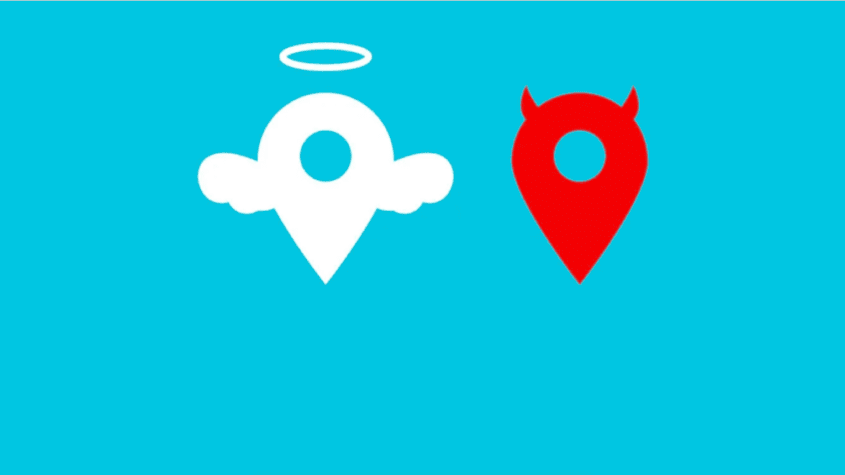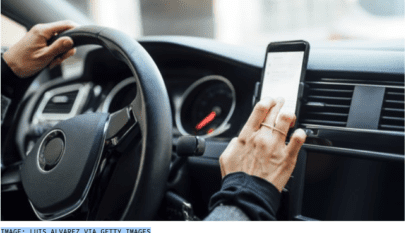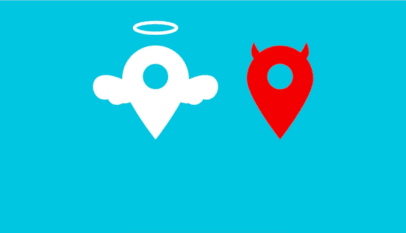
As smartphone apps track our every move, a group of technologists in the US and UK this week offered guidelines for the ethical uses of location data. Leaders of the American Geographical Society and Britain’s mapping agency, the Ordnance Survey, want companies to commit to 10 principles, including minimizing data collection and actively seeking consent from users.
Chris Tucker, chairman of the American Geographical Society, a private research and advocacy group, says the Locus Charter aims to capture the potential benefits and risks of a world of invisible real-time tracking: from your weather app to the GPS system in your car, or at an international level, state-supported contact-tracing apps that keep tabs on people worldwide.
“We all had to start grappling with Covid and the ethical implications of contact tracing, which is all about location apps and geospatial data,” Tucker says. “We realized there is no international set of guidelines or principles for implementing location tech. It’s a big void.”
Tucker says the epidemic highlighted the dual nature of location data. Governments could use location data to prevent outbreaks by notifying people of potential exposures. But this risked creating a state-run ledger of everyone’s location, where they went, and with whom.
The Locus Charter is not a set of laws or rules, but 10 guidelines meant to steer an organization’s thinking on the ethical use of location data. The points include protecting vulnerable people and understanding how location data sets can be combined with other data to identify individuals.
The guidelines respond to concerns over some uses of location data. Vice reported on Muslim prayer apps, including Muslim Pro, designed to help Muslims keep to prayer schedules. But many users were unaware the apps kept this data, attached it to their IDs, and sent it on to data brokers contracting with the US government.
In the future, Tucker says concerned researchers or engineers could point to the Locus Charter guidelines to try to prevent such arrangements. Rather than simply saying, “This is bad,” they could point out that the apps collected more data than necessary, didn’t note that their users were largely a vulnerable population, and didn’t inform or seek consent for other uses.
“People need…
Pay or ok? Why Europe’s data watchdogs must reject “forced consent”
Europe’s data watchdogs already have all the evidence they need to reject Pay or OK …














